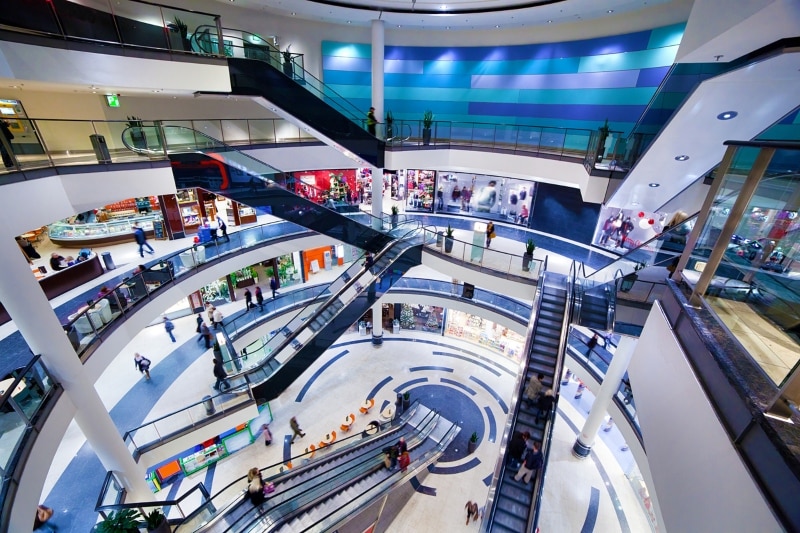Vietnam’s retail real estate market is flourishing in both scale and quality, with major city shopping centers maintaining occupancy rates above 90%, according to a report from the Vietnam Association of Realtors (VARS).
The retail sector in Vietnam is dynamic and resilient, consistently achieving impressive growth rates over the decades. Despite significant impacts from the pandemic, it has demonstrated a remarkable recovery pace. Since early 2022, the industry has swiftly rebounded from the COVID-19 disruption. Businesses have seized opportunities and strategically selected prime locations for long-term growth, attracting global retail giants even as rental prices begin to rise slightly. In 2022, total retail sales and consumer service revenue were estimated to reach nearly VND 5.7 trillion (USD 223.1 million), marking a 19.8% year-on-year increase and a 15% rise from 2019, before the pandemic. Rental prices in Hanoi have risen by about 10% in 2023, while central areas in Ho Chi Minh City remain high at around USD 140 per square meter per month, and non-central areas have seen a slight increase to about USD 40 per square meter per month.
Several major conglomerates have entered Vietnam’s retail real estate market. Central Retail (Thailand) plans to expand across all 55 provinces and cities nationwide, while Aeon Group (Japan) aims to launch 16 projects, including several in Hanoi, by 2025. Aeon will also introduce new retail concepts to meet customer needs and drive future growth. FujiMart Vietnam, a joint venture between BRG Group (Vietnam) and Sumitomo Corporation (Japan), will target 50 supermarkets by 2028. Luxury and affordable fashion brands like Uniqlo, Muji, Dior, and Cartier have also made significant inroads in recent years.
(Source: Business Inquirer)

